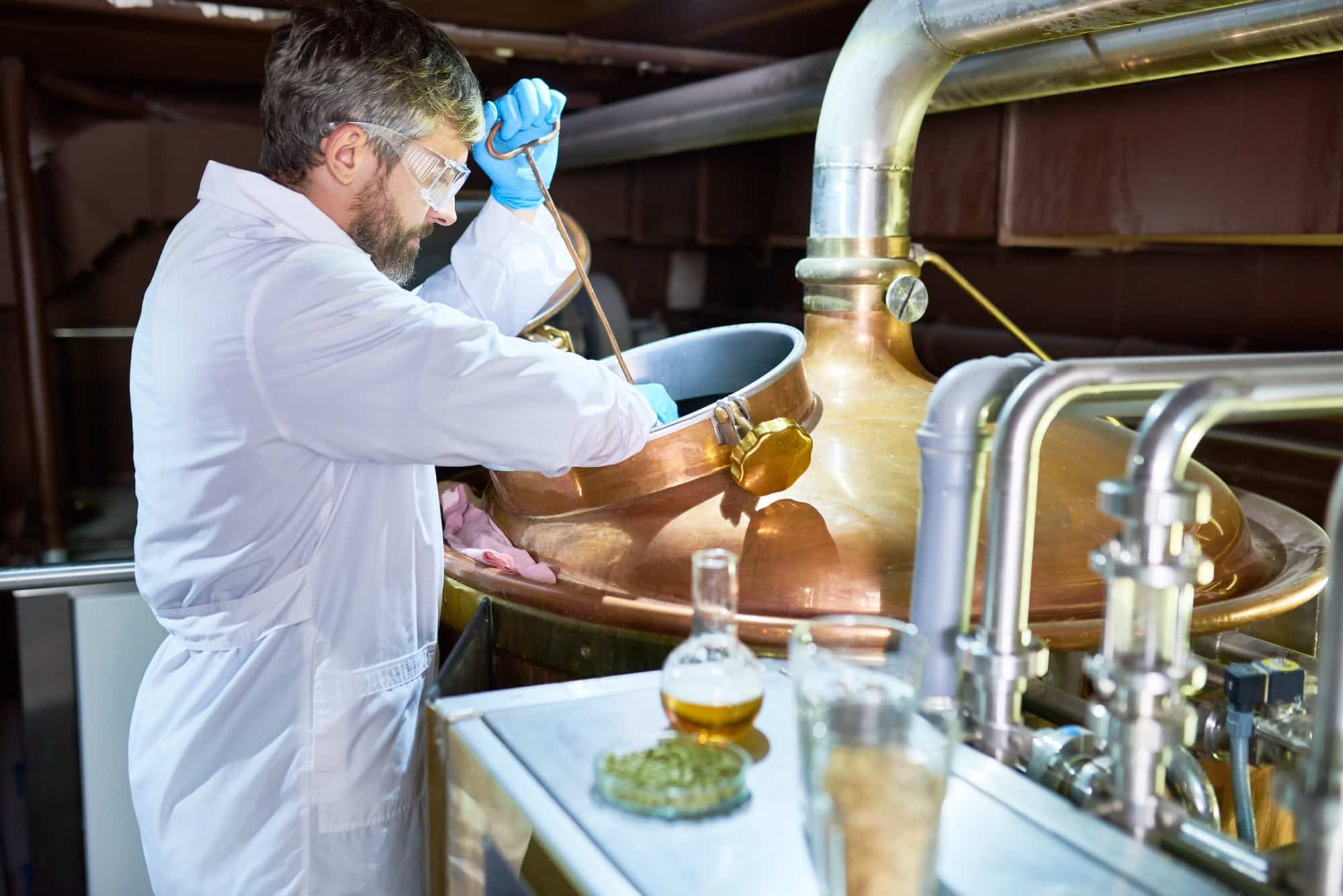How Does Consuming Fermented Soy Products Affect Menopausal Symptom Severity?

In the quest for ways to alleviate the discomfort of menopause, attention has increasingly turned to natural, plant-based options. Fermented soy, in particular, has been the subject of numerous studies. This protein-rich food is replete with isoflavones, compounds that exhibit estrogen-like effects, which can potentially mitigate symptoms associated with menopause. In this article, we delve into the findings of several studies, using reputable sources like Google Scholar and PubMed, to explore how the consumption of fermented soy products impacts the severity of menopausal symptoms.
Soy Isoflavones Easing Menopausal Symptoms
Soy is a significant dietary source of isoflavones, an important class of phytoestrogens. The estrogen-like behavior of isoflavones implies that they may have beneficial effects on menopausal symptoms. More specifically, these compounds have the potential to reduce hot flashes, one of the most troubling symptoms of menopause.
Have you seen this : The future of biopharmaceuticals: the strategic role of consultants
Several studies have been conducted to evaluate the effects of soy isoflavones on menopausal symptoms. In a study published in the journal "Menopause," a group of women was given isoflavone supplements from fermented soy, while a control group was given a placebo. The women who received the isoflavone supplements reported a significant reduction in the frequency and severity of their hot flashes.
In another study highlighted on PubMed, a daily intake of 40-160mg of soy isoflavones for six weeks to three months resulted in a substantial decrease in hot flashes. These studies illustrate the potential benefits of soy isoflavones in alleviating menopausal discomfort.
Have you seen this : Is There an Optimal Time of Day for Exercising to Maximize Weight Loss?
Fermented Soy Products and Women’s Health
Beyond menopausal symptoms, fermented soy products may offer other health benefits for women. The high protein content in soy can contribute significantly to a balanced diet, which is particularly important for women, especially during menopause, when nutritional needs may change.
Moreover, the isoflavones in soy products have been linked to a reduced risk of certain cancers. For instance, a study available on Google Scholar indicated that women who consumed more soy had a lower risk of developing breast cancer. It’s worth noting that the study focused on fermented soy products, which have a higher concentration of isoflavones than non-fermented soy products.
Menopause and the Risk of Cancer
Menopause heralds a shift in women’s health, with potential impacts on the risk of developing certain types of cancer. Estrogen levels naturally decrease during menopause, which may influence the development of hormone-sensitive cancers like breast cancer. However, the estrogen-like effects of soy isoflavones can help balance these changes.
The evidence from various studies suggests that consuming fermented soy products may help lower the risk of cancer in menopausal women. In a study published on PubMed, post-menopausal women who had a high intake of soy isoflavones showed a reduced risk of developing breast cancer compared to those who consumed less soy.
Soy and Menopausal Health: A Balanced View
While the potential benefits of soy for menopausal women have been touched on, it’s essential to approach this topic with a balanced view. Not all studies have found that soy isoflavones alleviate menopausal symptoms or reduce the risk of cancer.
For instance, a study published in the "Journal of the American Medical Association" found no significant difference in the number of hot flashes between women who consumed soy isoflavones and those who received a placebo. Other studies have raised questions about the safety of consuming large amounts of soy isoflavones, given their estrogen-like effects and the potential risk of estrogen-sensitive cancers.
In conclusion, while there is promising evidence suggesting that consuming fermented soy products can help alleviate menopausal symptoms and potentially reduce the risk of certain cancers, further research is needed. It’s crucial for women to consult with their healthcare provider before making significant dietary changes.
Other Health Benefits of Fermented Soy
The benefits of consuming fermented soy products aren’t limited to alleviating menopausal symptoms. Soy protein, abundant in these foods, is an excellent source of essential amino acids, which are key to maintaining good health, particularly during menopause when women’s nutritional requirements tend to increase. This protein-rich food can help provide women with the nutrients they need to maintain their strength and vitality.
In addition, evidence from studies published on Google Scholar suggests that women who consume fermented soy products are less likely to develop certain types of cancer. This could be due to the high levels of soy isoflavones found in fermented soy foods. These compounds mimic estrogen in the body and have been associated with a decreased risk of hormone-sensitive cancers such as breast and prostate cancer.
However, it’s important to remember that while these findings are encouraging, they are not conclusive. Additional research is needed to fully understand the potential cancer-preventing properties of fermented soy products.
Conclusion: Fermented Soy and Menopause – A Promising Area of Study
Fermented soy products, rich in soy protein and soy isoflavones, present a promising natural approach to managing menopausal symptoms. The estrogen-like effects of soy isoflavones can potentially alleviate discomfort associated with hot flashes, a common symptom of menopause. Moreover, consuming fermented soy products may also offer additional health benefits, such as a reduced risk of certain types of cancer.
However, findings from various studies—including randomized controlled trials and systematic reviews available on Scholar Crossref—have been mixed. Some research indicates significant symptom relief and decreased cancer risk among postmenopausal women who consume soy products, while other studies suggest these effects are minimal or non-existent. It’s also worth noting that excessive intake of soy isoflavones may be potentially harmful due to their estrogen-like effects.
As with all health and diet matters, it’s always wise to seek the advice of a healthcare provider before making substantial dietary changes. Each woman’s experience with menopause is unique, and what works for one may not necessarily be the best choice for another. Despite the need for further research to fully understand the effects soy products can have on menopausal women, the potential benefits of fermented soy products make them a worthy topic for continued investigation.
